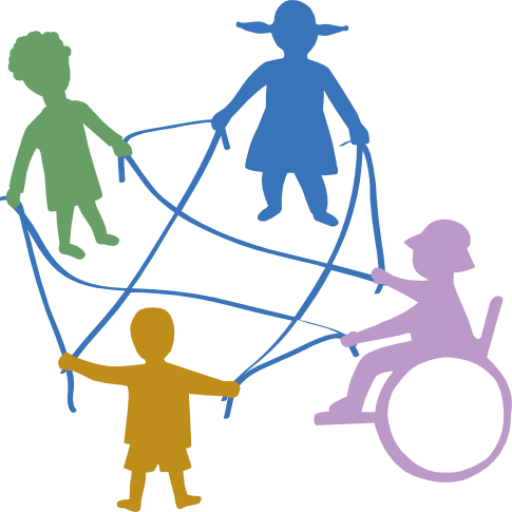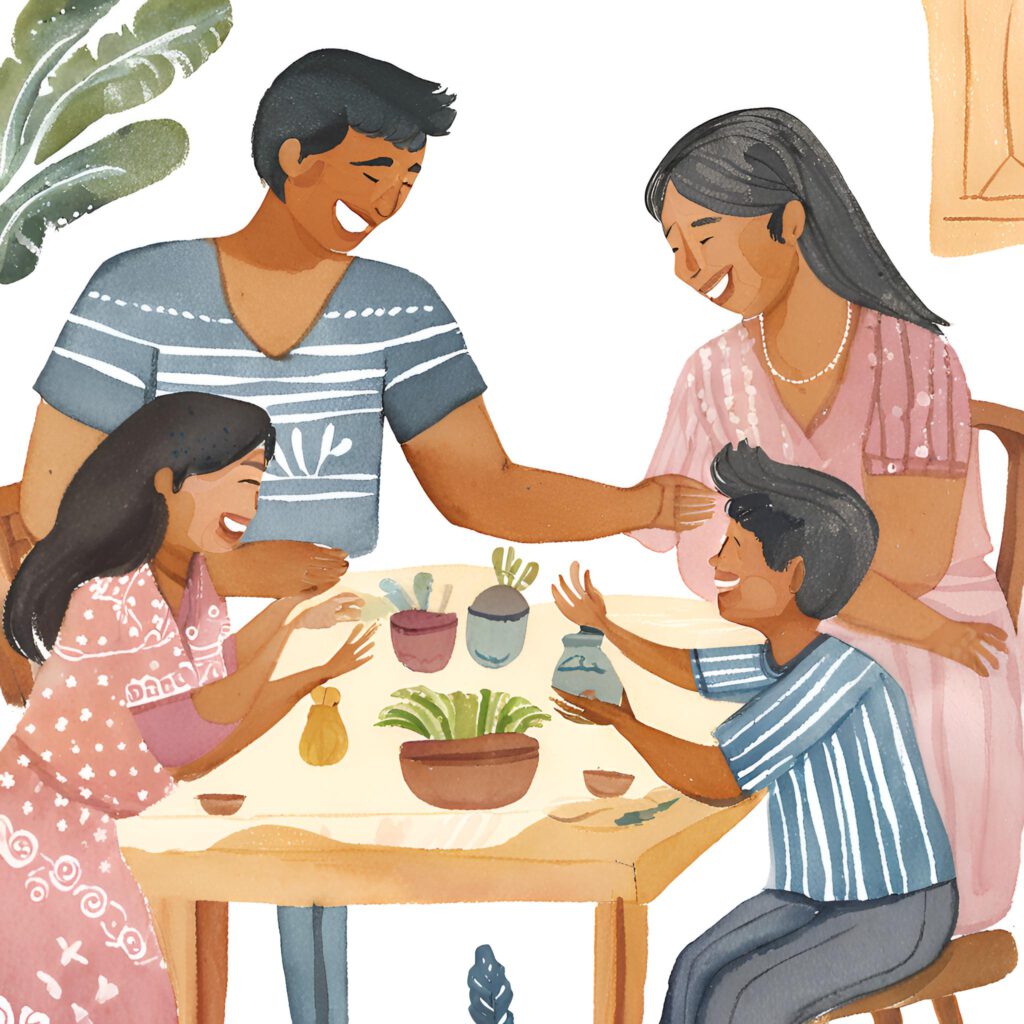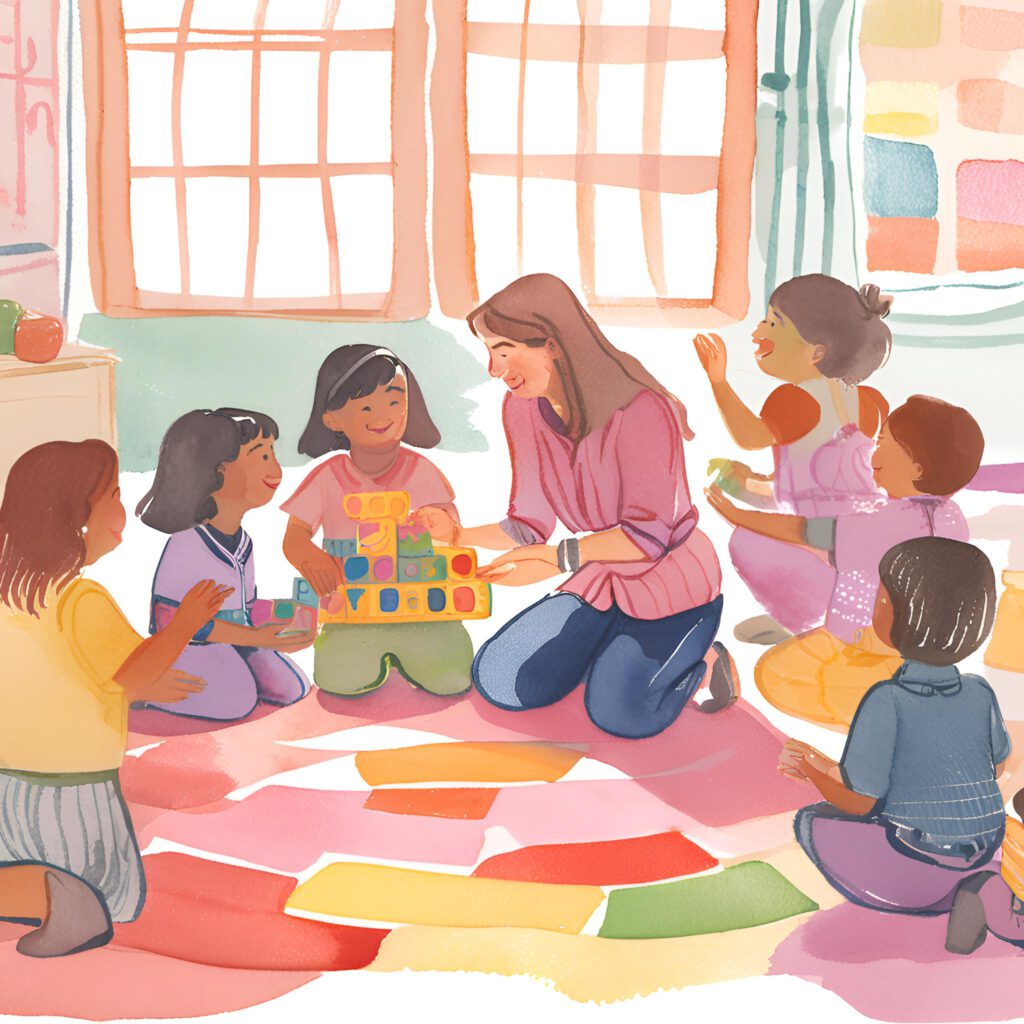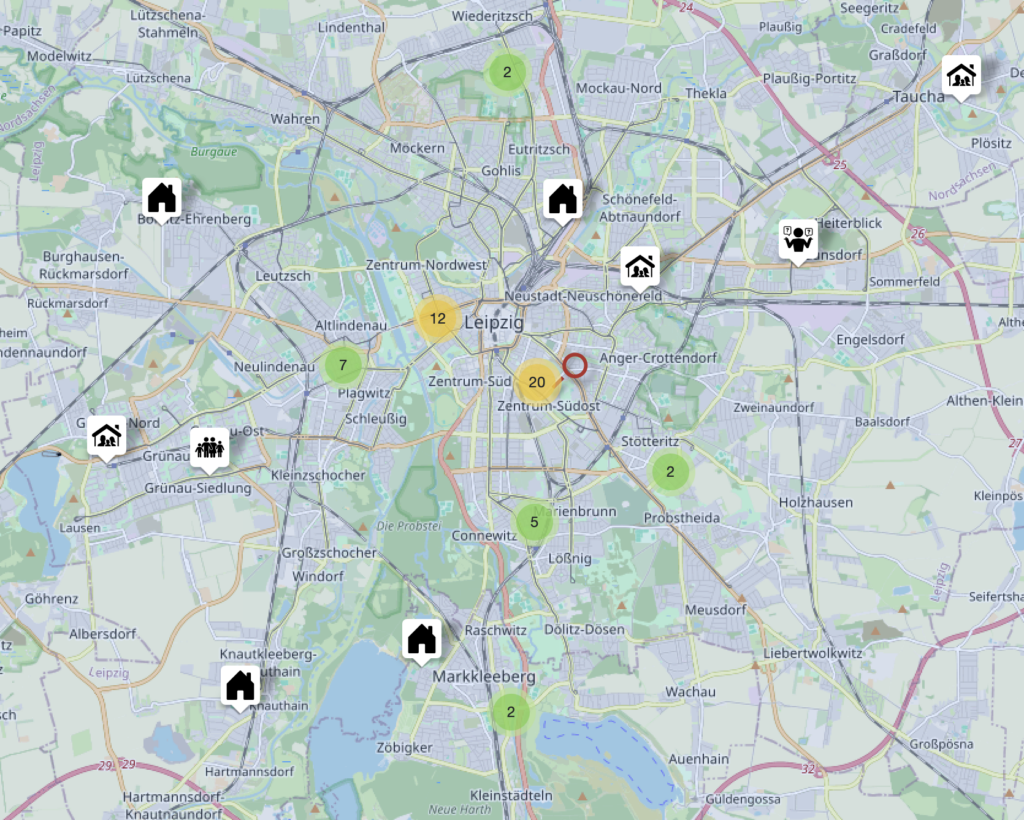Inclusion Network Map (Saxony)

What is the Inclusion Network Map (Saxony)?
The Inclusion Network Map is part of the DigiNet Inclusion project. The aim is to provide a website for Saxony on which support services for children aged 0-6, their families and educational professionals can be found.
You are on our information page. The actual map can be found here:
Which offers can be found in the network map?
Child development (motor skills, vision, hearing, emotion/behavior, language …)
In the categories motor skills, vision, hearing, emotion/behavior and speech (German: Motorik, Sehen, Hören, Emotion/ Verhalten, Sprache), you will find services for children and their families who need support or diagnostic clarification in these areas. You can find speech and language therapists, occupational therapists and physiotherapists in your area via the relevant professional associations, which are listed as the first hits in the appropriate categories. If there is a need for support or clarification in several areas of development (e.g. issues in the areas of language and behavior), we recommend selecting the General developmental delay category; you will also find services for children with complex disabilities/multiple disabilities in the category of the same name.
If you, as a parent or childcare professional, are looking for initial guidance on where to find further support and advice, many districts already have so-called “Verfahrenslotsen”, which you can find via the keyword search under Verfahrenslotsen or in the section Teilhabeberatung.
For initial advice for parents who are concerned about their child’s development, the local interdisciplinary early intervention centers (can be found under the headings General developmental delay or Complex disability/multiple disabilities) offer a low-threshold, open consultation service and, if necessary, further diagnostics. The first point of contact for concerns about a child’s development is usually the pediatrician who already knows the child, who can also make recommendations for further clarification.
Migration
Refugee and migration advice centers offer comprehensive support to ease the way into a new life. They help with orientation in the new environment, assist with personal and everyday issues and provide information on social support services. They work closely with other advice centers, institutions and associations and provide support in making contact with family members. They also assist those affected with applications, e.g. for the Saxon Hardship Commission, and organize integration events. They also offer families with children support, particularly in the context of school, with necessary matters such as school registration, help with applying for financial school funding, information events on school attendance (e.g. starting school and compulsory schooling, transition from elementary school to secondary school). They also support parents with a migration background whose children have special educational needs and sometimes also offer interpreting services. The Migration section also includes other support and leisure activities explicitly aimed at families with a migration background.
Health & care (e.g. clinics, inpatient care, chronic illnesses, sport …)
The health/ care category (German: Gesundheit/ Pflege) includes a wide range of services aimed at promoting the health and well-being of children and providing targeted support for their families and professionals. These offers aim to provide children in challenging life situations with the best possible support and to strengthen their development, health and quality of life.
In this section you will find, among other things:
Early childhood health advice centers are an important point of contact for parents seeking support on topics such as development, nutrition or prevention. They help to identify potential problems at an early stage and respond to them in a targeted manner.
Psychosocial counseling centers support families in difficult life situations, be it family conflicts, psychological stress or other challenges that affect the well-being of children.
Another important aspect of this category is sports programs for children with disabilities and families. From sports groups for children with special needs to inclusive sports clubs and parent-child sports programs, a wide range of activities are offered to promote health and strengthen physical and mental resources
Social pediatric centers play an important role in the diagnosis and treatment of children with developmental problems, disabilities or chronic illnesses. In addition to medical care, individual support options are developed in cooperation with parents and specialists. In the health/care category, you will also find children’s hospices and outpatient children’s hospice services, which offer families with children with progressive and/or life-shortening illnesses companionship and support during a stressful phase of their lives.
Child protection
The child protection (German: Kinderschutz) category includes services that are specifically designed to protect, strengthen and support children and young people in dangerous or stressful life situations. These services are aimed at young people themselves as well as parents, professionals and other caregivers. The aim is to prevent danger, overcome acute crises and create long-term security and prospects for a stable life.
Child protection alliances and specialist centers for the prevention of sexual and sexualized violence against children and adolescents are committed to the well-being of children. They offer information, advice and support for those affected as well as for parents, professionals and other caregivers. They also offer advice in specific suspected cases or in the development of child protection concepts.
Emergency services for children and young people offer young people a first point of contact in acute crisis situations. Here they can find protection, support and, if necessary, temporary accommodation. Counseling centers for young people at risk of suicide are there to help children and young people in particularly stressful situations. They offer empathetic discussions, stabilization and perspectives to help them overcome the crisis and get their lives back on a positive track.
Anonymous shelters offer children and young people who are affected or threatened by violence or abuse a protected space. In addition to safe accommodation, those affected receive support to help them process traumatic experiences and find new ways of life.
Counseling and intervention centers against domestic violence and stalking (BIS) offer those affected targeted help in acute situations of threat. They help to take protective measures and ensure long-term safety.
Another important component of child protection are centers that focus on the care and support of children and young people affected by right-wing or racist violence and other forms of discrimination.
Participation counseling (e.g. advice on services, self-help …)
Various services can be summarized under the category of participation counseling (German: Teilhabeberatung), all of which have the common goal of supporting people in their participation in social life. Supplementary independent participation advice centers (EUTBs) support people with disabilities, people at risk of disability and their relatives in exercising their rights and opportunities to participate in social life. It is a service that was established as part of the Federal Participation Act (BTHG). The advice is independent, free of charge and at eye level and is geared towards the individual needs of those seeking advice.
The contact and information points for self-help groups (KISS) serve as central points of contact to connect people seeking support with suitable self-help groups. They offer advice, information and organizational support for existing and new groups.
Anyone looking for a suitable self-help group in Saxony can find information via the state contact point for self-help (LAKOS, www.selbsthilfe-sachsen.de).
Family counseling
The family counseling category (German: Familienberatung) includes a wide range of support services for families, parents, children and adolescents facing a variety of challenges in family life. The aim of the services is to provide orientation, overcome conflicts and develop individual solutions for difficult situations.
Parenting and family advice centers are central points of contact in this category. They help parents with questions relating to parenting, for example with uncertainties in dealing with behavioral problems, giftedness or the development of children. Young people can also find support here, for example in conflicts with their parents or in overcoming personal challenges.
In addition to strengthening parenting skills, family counseling services also cover topics such as health promotion, cultural education, household and lifestyle management and leisure activities. In addition, opportunities are offered to promote the social involvement of families in order to strengthen family togetherness and social participation.
Another important topic in family counseling is support with family conflicts. Mediation sessions help to resolve tensions and find ways to communicate constructively. This can be particularly helpful in the event of separation or divorce in order to make the transition as harmonious as possible for everyone involved, especially the children.
Family (education) centers offer low-threshold support in the form of courses, workshops or open discussion groups. Topics such as family organization, financial issues or dealing with stressful situations are dealt with here in a holistic framework.
Who can search for offers?

Parents
Parents can search specifically for suitable offers for their children, ranging from childcare and support to leisure activities.

Childcare professionals
Childcare professionals can find resources to support child development – from further training courses to specialist advice – and can look for support services for families.
We always do our best to include only serious and correct offers in our network map. Nevertheless, we may make mistakes when adding offers. Please report these to us either directly via the “Problem melden”-Button in the respective offer in the network map or send us an e-mail to diginet.inklusion@uni-leipzig.de.
Contact us and we will add the offer to our network map if it fits in with our concept.
The inclusion network map currently only exists for Saxony. However, it is possible that network maps will also be developed for other federal states in the future. Are you interested in implementing the network map for another federal state? Please contact us!
The range of services offered by these professional groups is so extensive and dynamic that updating the network map would be too time-consuming. We therefore refer you to the corresponding pages of the associations that offer their own search services for these professional groups. You will find these associations in the list at the top of the respective category.
Please feel free to contact us with your request by e-mail at diginet.inklusion@uni-leipzig.de

